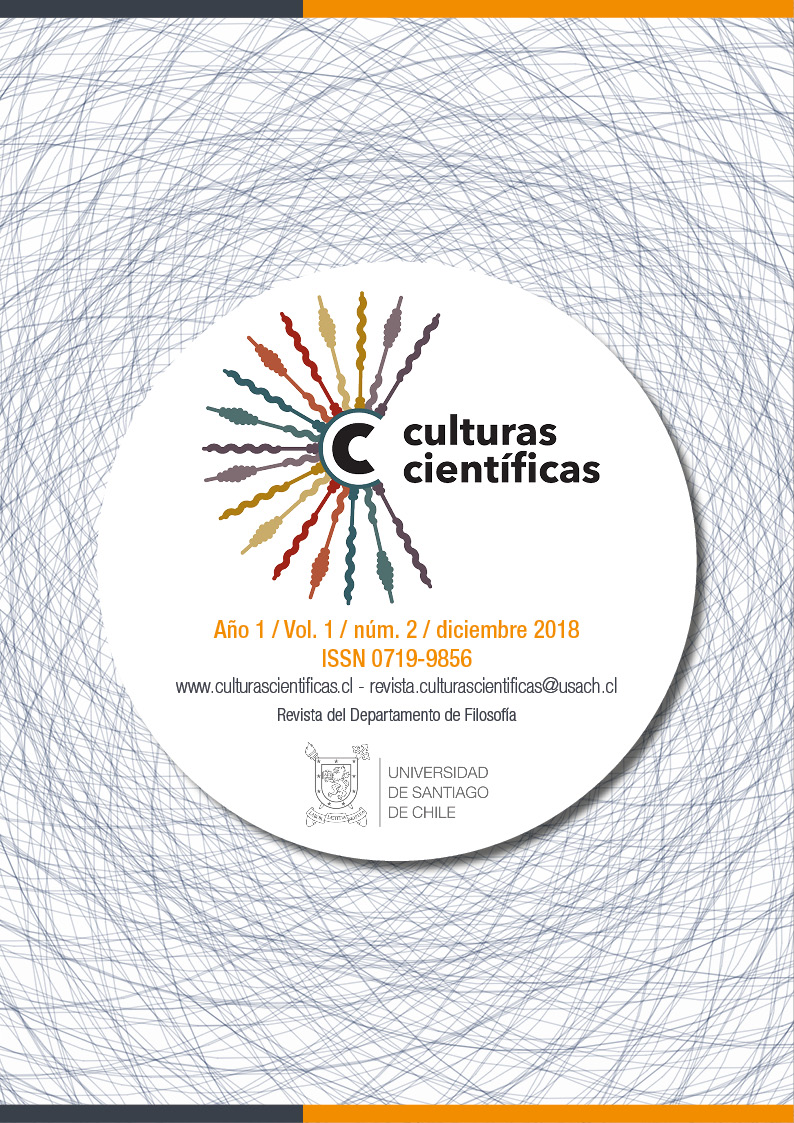The Illustrated Realism of Karl Popper
Keywords:
Realism, anti realism, illustrated realismAbstract
Current discussions regarding scientific realism and antirealism are still facing the problem of terminological confusions. It has been claimed that there are as many realisms and anti-realisms as philosophers who support them. The mail goal of this article is to expound as precisely as posible the sort of realism argumented by Karl Popper. I have chosen to refer to it as “illustrated realism”. I will show its principal characteristics and theses in ontological, semantical, and epistemological areas. This is very necessary in order to assess Popper's illustrated realism and his contribution to contemporary discussions on realism and anti-realism issues.
Downloads
Download data is not yet available.
Downloads
Submitted
2019-06-03Published
2018-12-01
Issue
Section
Articles
How to Cite
The Illustrated Realism of Karl Popper. (2018). Culturas Científicas, 1(2), 49-58. https://revistas.usach.cl/ojs/index.php/culturas/article/view/3925











